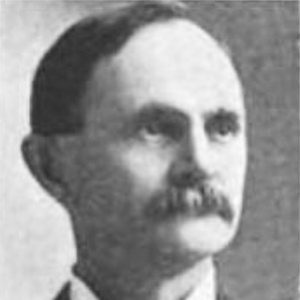 Philip D. McCulloch Jr.
Philip D. McCulloch Jr.
Gender: Male - Starting with M
 Philip D. McCulloch Jr.
Philip D. McCulloch Jr.
McCulloch, Philip Doddridge, Jr.
McCurtain, Amos (Execution of)
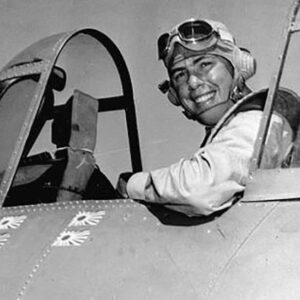 Elbert S. McCuskey
Elbert S. McCuskey
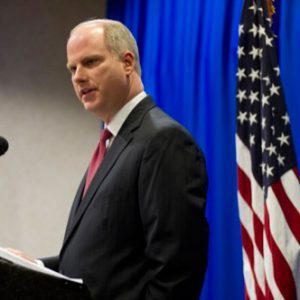 Dustin McDaniel
Dustin McDaniel
McDaniel, Irven Granger
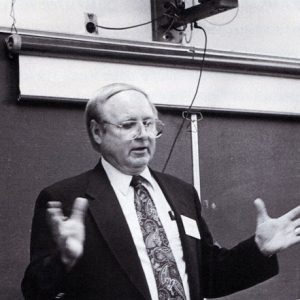 Cecil McDermott
Cecil McDermott
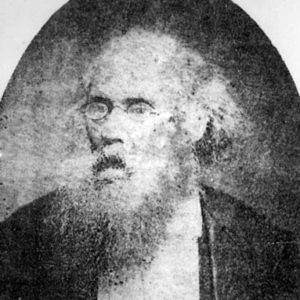 Charles McDermott
Charles McDermott
McDermott, Charles M.
McDonald (Lynching of)
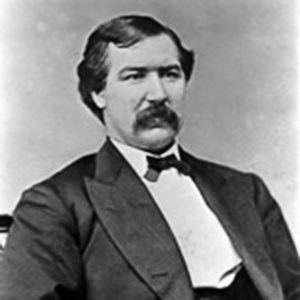 Alexander McDonald
Alexander McDonald
McDonald, Alexander
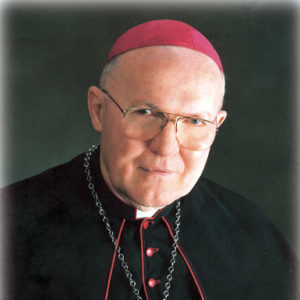 Andrew McDonald
Andrew McDonald
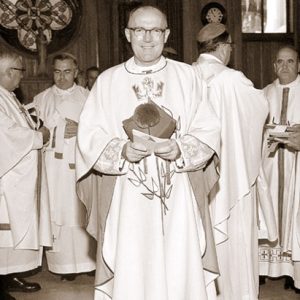 Andrew McDonald
Andrew McDonald
McDonald, Andrew Joseph
McDonald, Harry Pelot
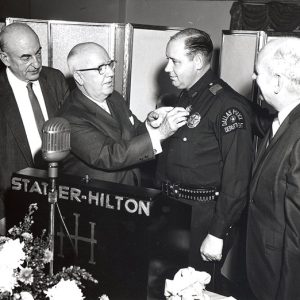 Nick McDonald Award
Nick McDonald Award
McDonald, Maurice Neal “Nick”
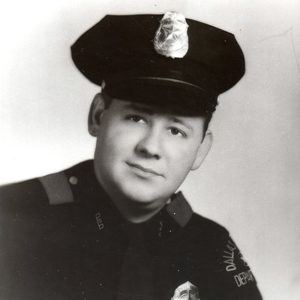 Nick McDonald
Nick McDonald
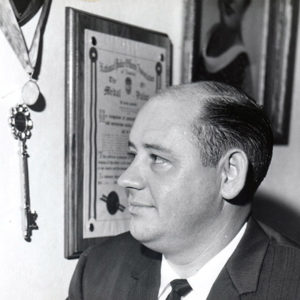 Nick McDonald
Nick McDonald
McDonald, Thomas Newton (Tom)
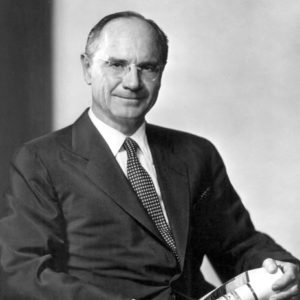 James McDonnell
James McDonnell
McDonnell, James Smith, Jr.
McDonnell, John
McDougal, Jim
aka: James Bert McDougal
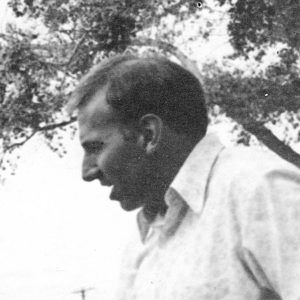 Jim McDougal
Jim McDougal
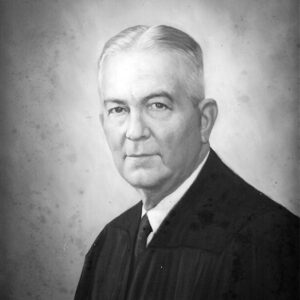 Edward F. McFaddin
Edward F. McFaddin
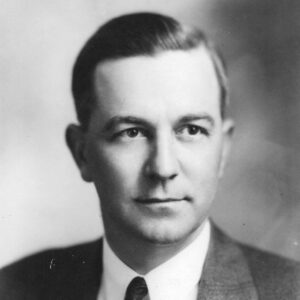 Edward F. McFaddin
Edward F. McFaddin
McFaddin, Edward Fitzgerald (Ed)
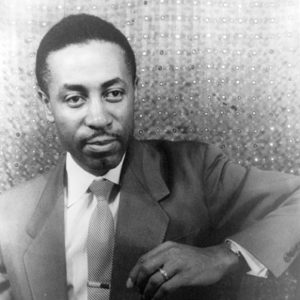 Robert McFerrin Sr.
Robert McFerrin Sr.
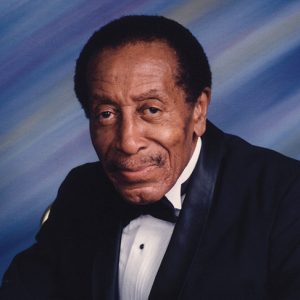 Robert McFerrin Sr.
Robert McFerrin Sr.
McFerrin, Robert, Sr.
McGehee Lynching of 1894
 Peter McGehee
Peter McGehee
McGehee, Peter Gregory
McHan, Clarence Lamar
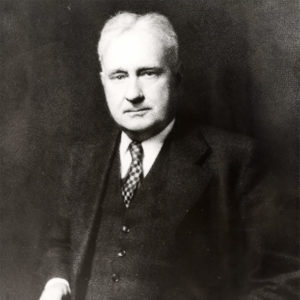 Edgar L. McHaney
Edgar L. McHaney
McHaney, Edgar Lafayette
McHaney, James Monroe
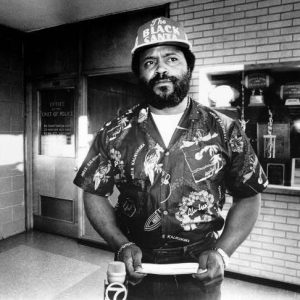 "Say" McIntosh
"Say" McIntosh
McIntosh, James McQueen
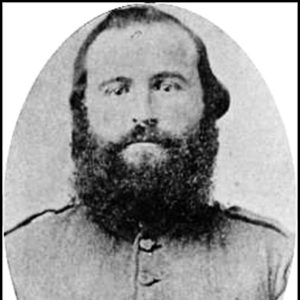 James McIntosh
James McIntosh
McIntosh, Robert “Say”
McIntyre, Samuel (Lynching of)
McKay, Eugene
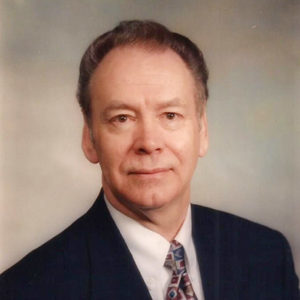 Eugene McKay
Eugene McKay
McKee, William (Execution of)
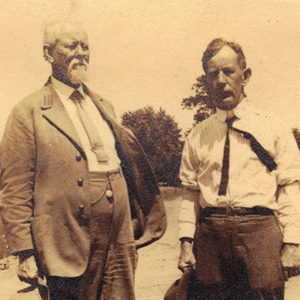 Arch McKennon and Son
Arch McKennon and Son
McKennon, Arch
aka: Archibald Smith McKennon
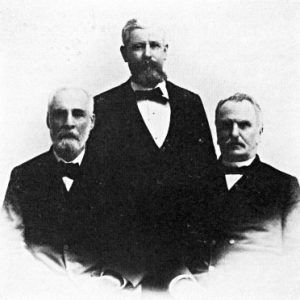 Arch McKennon
Arch McKennon




